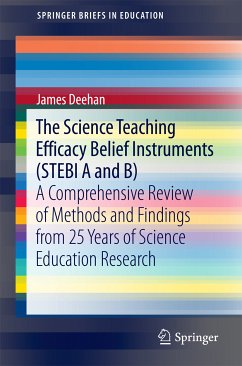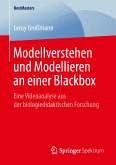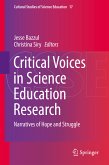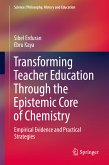The purpose of this Springer Brief is to provide a comprehensive review of both the STEBI methods and findings through the use of a clearly defined analytic framework. A systematic review of literature yielded 107 STEBI-A research items and 140 STEBI-B research items. The STEBI instruments have been used in a wide range of qualitative, cross sectional, longitudinal and experimental designs. Analysis of the findings of the papers reveals that in-service and pre-service programs that use innovative practices such as cooperative learning, inquiry based investigation and nature of science instruction can produce positive growth in participants' science teaching efficacy beliefs. The personal science teaching efficacy beliefs of pre-service and in-service teachers showed greater mean scores and higher growth than their outcome expectancies. Implications are discussed.
Dieser Download kann aus rechtlichen Gründen nur mit Rechnungsadresse in A, B, BG, CY, CZ, D, DK, EW, E, FIN, F, GR, HR, H, IRL, I, LT, L, LR, M, NL, PL, P, R, S, SLO, SK ausgeliefert werden.









